Health as a driver for urban policy in Latin America: a scoping review of literature from international organizations

Health arguments are rarely used to justify urban policies in Latin America. A new urban health study suggests we can and should do better connecting urban health researchers with local policymakers.
Evaluation of the traditional dimensions of residential segregation by educational level in Chile
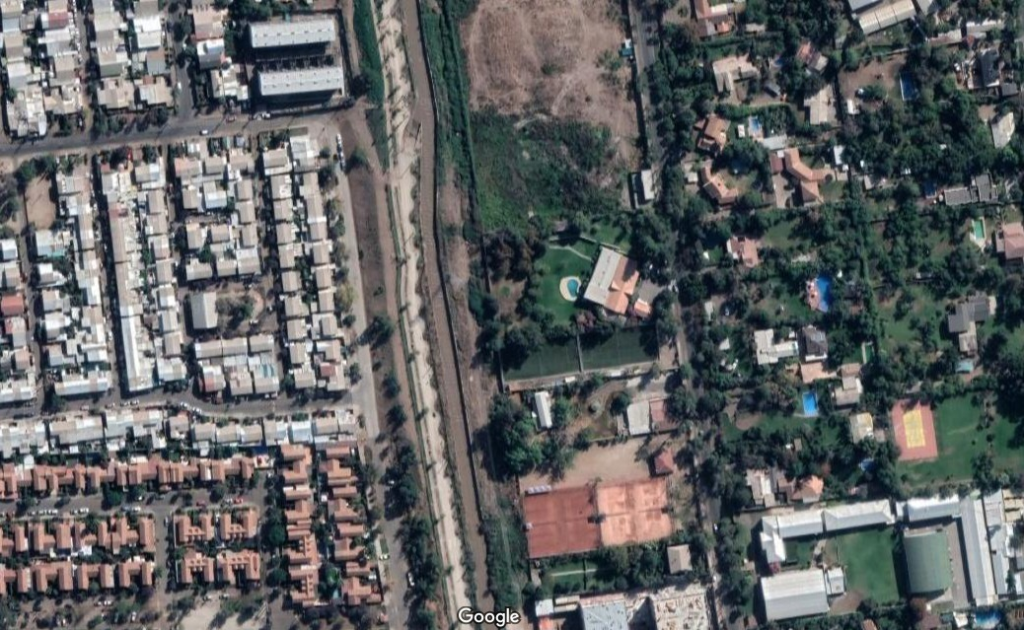
Residential segregation by socioeconomic status in Chilean cities is not well described by classical dimensions developed in USA in terms of race. We suggest that more locally relevant characterizations are needed.
Built environments for physical activity: a longitudinal descriptive analysis of Sao Paulo city, Brazil
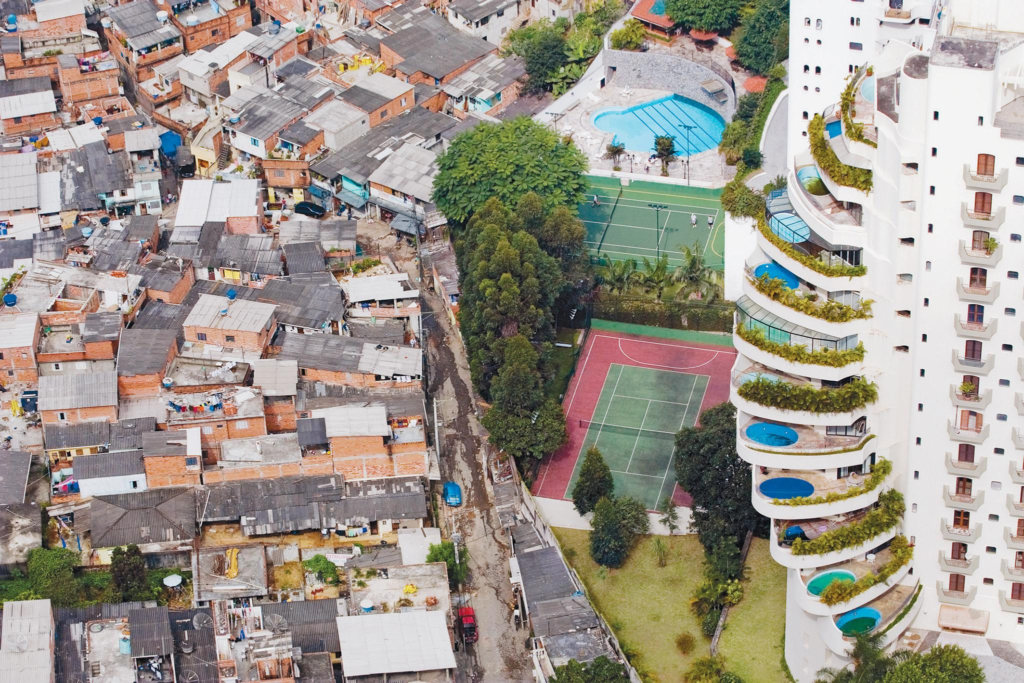
A Brazilian study, in Sao Paulo, Brazil, showed important changes in built environments for physical activity, highlighting these chances across different regions of the city, income groups, population densities and in the form of a cohort study.
Our Voice in the Ciclovía: Exercising recreation and health rights through Citizen Science
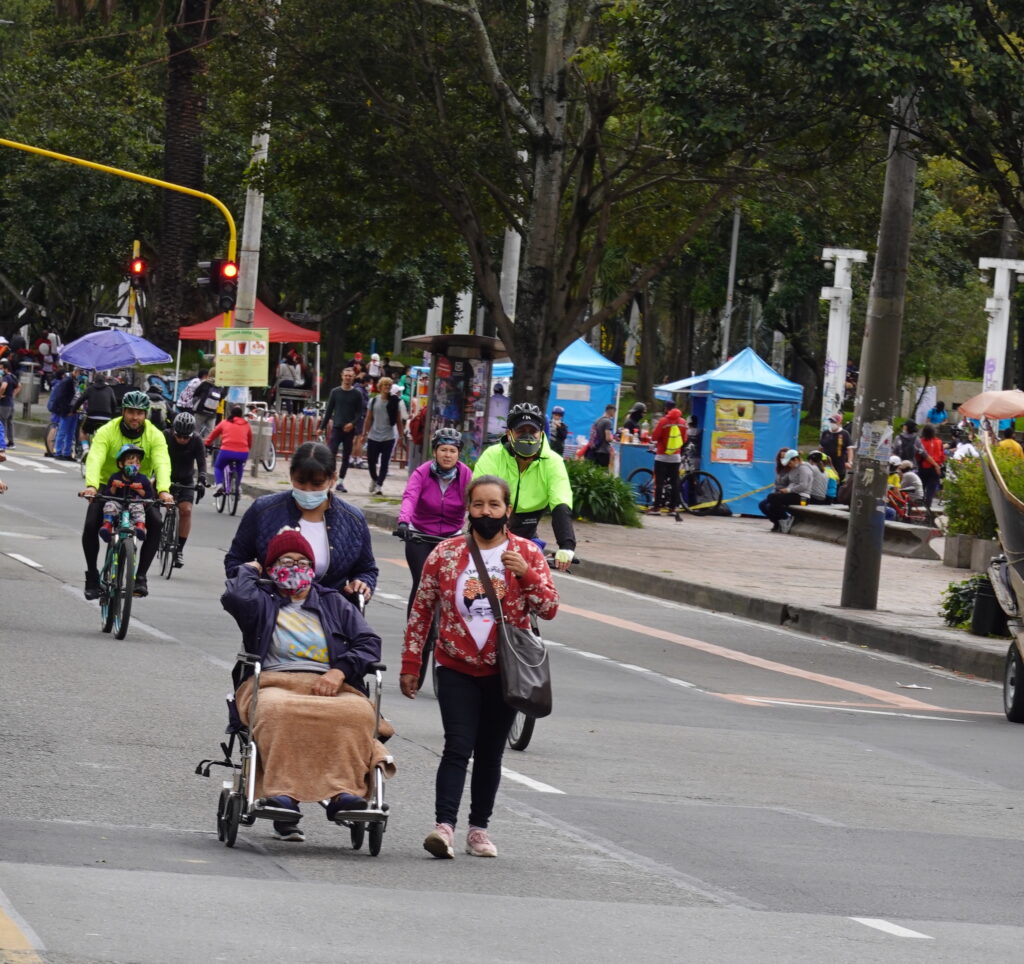
The Our Voice approach allowed Ciclovía users in Bogotá, Colombia, to identify opportunities to improve the enjoyment of their rights to health and recreation, to advocate for them and to make their voices heard by policymakers.
Life conditions of residents in social housing in Medellin, Colombia: a Fuzzy Analytical Hierarchy Process
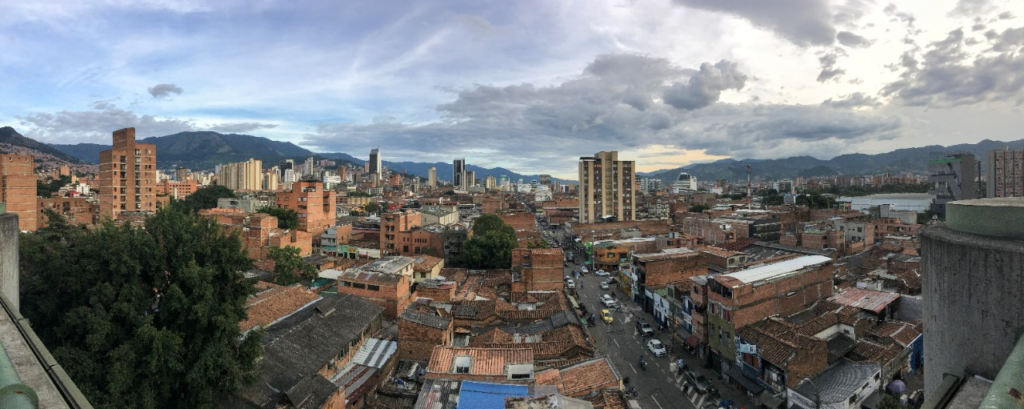
Insights into life conditions of residents in social housing in Medellin, Colombia to contribute to the planning and management of healthier housing using a novel analytical method.
Associations between household density and mood during COVID-19 lockdowns: evidence from Ecuador

Researchers demonstrated empirically that COVID-19 lockdowns damaged mood. In fact, their results indicate that there is a negative relationship between household density and the mood of residents.
Women’s empowerment and infant mortality in Latin America: evidence from 286 cities

We examined how levels women’s empowerment differ across cities and how it is linked to differences in infant mortality in Latin American cities.
Challenges for creating active living infrastructure in a middle-income country: a qualitative case study in Jamaica
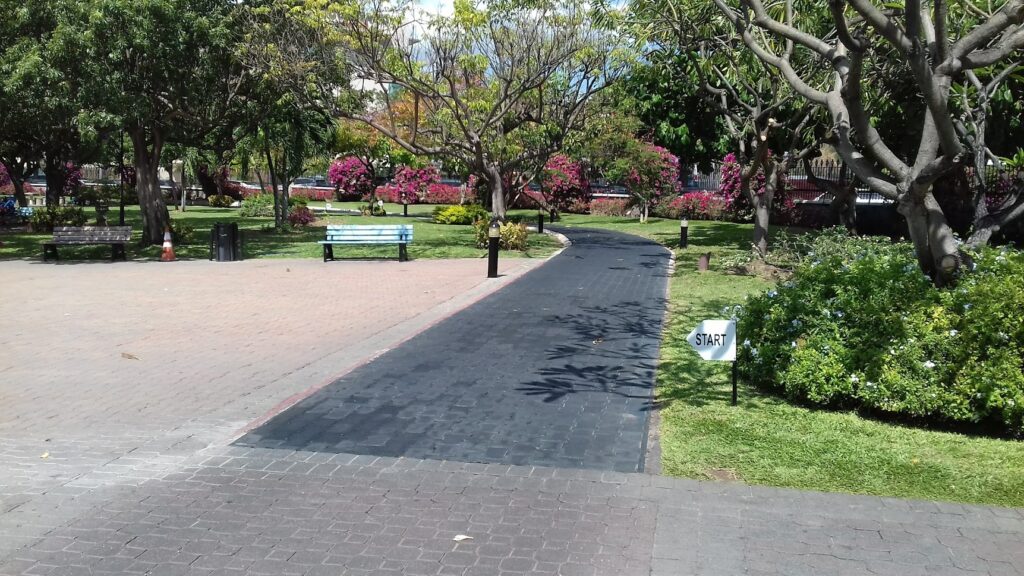
Understanding decision-making for active living infrastructure in a middle-income country: Aspirations and pressures for development may not support creation of good quality walking and cycling infrastructure and greenspaces. However, urban planning and public health professionals are natural allies who should collaborate to demonstrate health and economic benefits to influence healthier decision-making.


